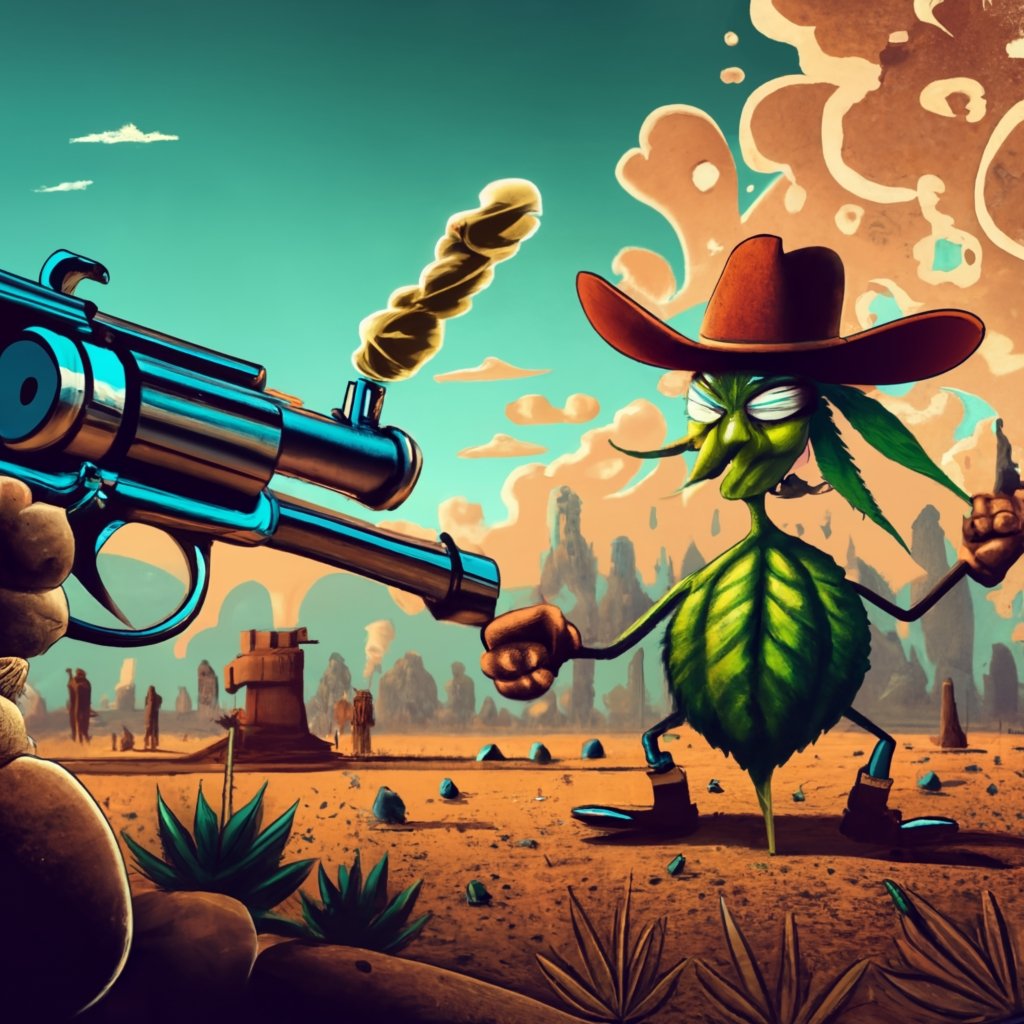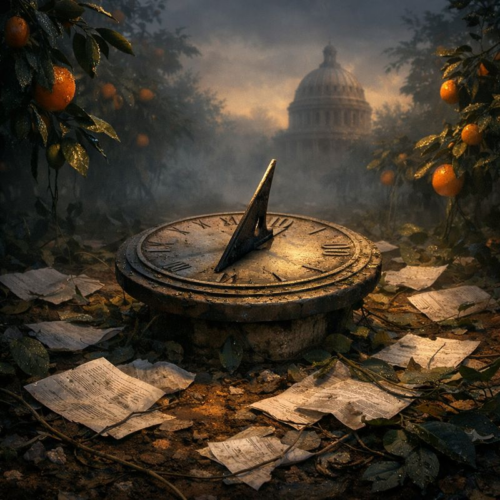The Current Legal Challenges Facing Cannabis Users Who Own Firearms
The Biden administration is facing a legal challenge over a federal law that prohibits people who use marijuana from buying or owning guns. The law, which dates back to 1968, is based on the assumption that cannabis users are more likely to misuse firearms and pose a threat to public safety. However, this assumption is not supported by scientific evidence or historical precedent, and, the legislation’s critics argue, it violates the constitutional right to bear arms of millions of Americans who use cannabis for numerous reasons.
The case involves Erik Matthew Harris, who was arrested in Oklahoma in 2020 after a traffic stop. The police found a loaded revolver and marijuana in his car. Harris told the police that he worked at a medical marijuana dispensary, but he did not have a state-issued medical marijuana card. He was charged with violating the federal law that bans “unlawful users or addicts of controlled substances” from possessing firearms.
Harris and his lawyers contend that the law is unconstitutional and that it does not reflect the nation’s historical tradition of firearm regulation, as required by the U.S. Supreme Court’s ruling in New York State Rifle & Pistol Association v. Bruen. In that case, the court held that the Second Amendment protects the right to carry a handgun in public for self-defense, and that any restriction on that right must be consistent with the historical practice of regulating firearms.
The Justice Department, on the other hand, defends the law by claiming that it is based on historical precedent and that it protects public safety. The government cites the examples of bans on gun ownership for people who were mentally ill or habitually drunk, which existed at the time of the Second Amendment’s ratification in 1791. The government also argues that cannabis users are more likely to commit crimes, engage in violence, attack police officers, and commit suicide, and that these risks justify disarming them, even when they are not intoxicated.
However, these arguments are flawed and misleading. First, the historical precedent that the government relies on is not relevant or comparable to the current situation of cannabis users. The bans on the mentally ill and the habitually drunk were based on the idea that these groups were incapable of exercising reason and judgment, and that they posed a clear and imminent danger to themselves and others. Cannabis users, on the other hand, are not necessarily irrational or violent, and they do not lose their ability to act responsibly when they use cannabis. In fact, many cannabis users are law-abiding citizens who use cannabis for medical or personal reasons, and who do not harm anyone by doing so.
Second, the scientific evidence that the government cites to support its claim that cannabis users are more dangerous is weak and inconclusive. The government admits that the link between cannabis use and mental illness is not causal, and that there are many other factors that influence the risk of violence and crime.
The government also fails to acknowledge the benefits of cannabis use, such as its therapeutic effects for various conditions, including, but not limited to chronic pain, epilepsy, PTSD and cancer. Moreover, the government ignores the fact that cannabis is legal for medical or recreational use in many states, and that millions of Americans use it without causing any harm to themselves or others.
Third, the practical implications of the law are unfair and discriminatory. The law affects millions of Americans who use cannabis legally under state laws, but who are denied their constitutional right to own guns under federal law. The law also disproportionately affects racial and ethnic minorities, who are more likely to be arrested and prosecuted for cannabis-related offenses, despite having similar rates of use as whites. The law also stigmatizes and stereotypes cannabis users as dangerous and irresponsible, without considering the diversity and reality of their experiences and motivations.

Therefore, a law that bans cannabis users from owning guns is unconstitutional and unjust. It is based on outdated and unfounded assumptions that do not reflect the current state of science and society. It infringes on the right to bear arms of millions of Americans who use cannabis for various reasons, and who do not pose any threat to public safety.
It also perpetuates the war on drugs and its harmful consequences for individuals and communities, especially those of color. The law should be repealed or amended to respect the rights and dignity of cannabis users, and to align with the historical tradition and spirit of the Second Amendment.
***
Trap Culture is the ultimate destination for cannabis enthusiasts who want to experience the best of Arizona’s cannabis culture. Whether you are looking for the hottest cannabis-friendly events, the latest news and trends in the cannabis industry, or the most exclusive and limited-edition products from the top brands in the market, Trap Culture has you covered. Visit our website to learn more about our events, our blog, and our store. Follow us on social media to stay updated on the latest news and promotions. Join the Trap Culture family and experience the most immersive and engaging cannabis-friendly social events in Arizona.



